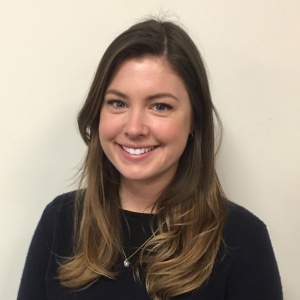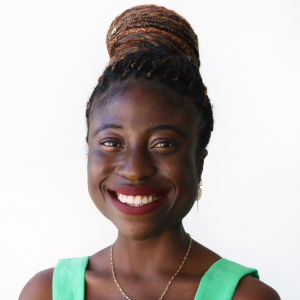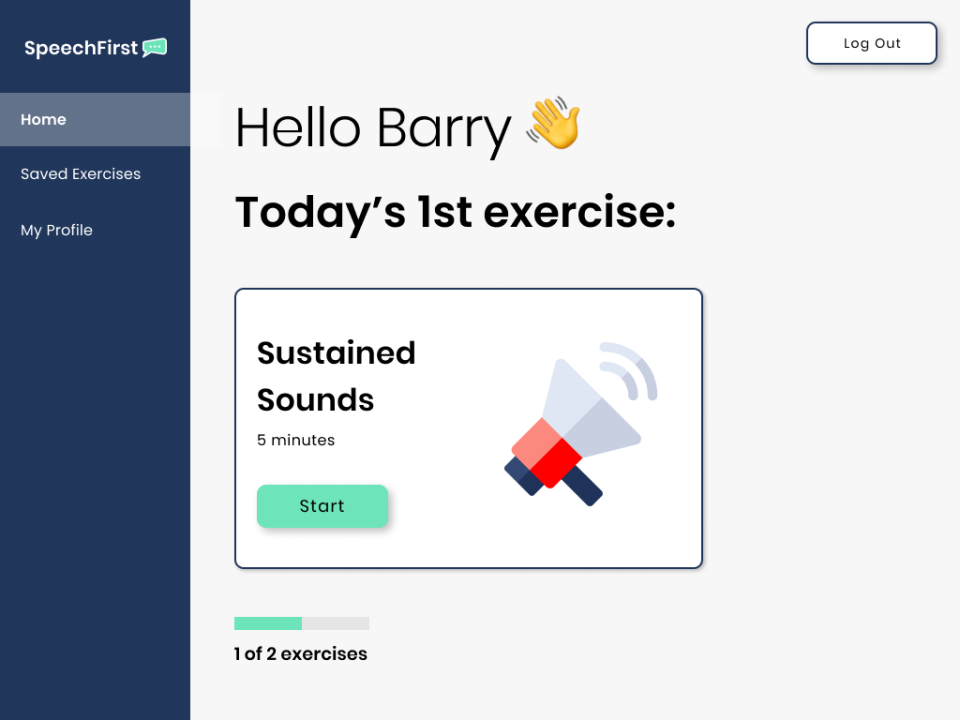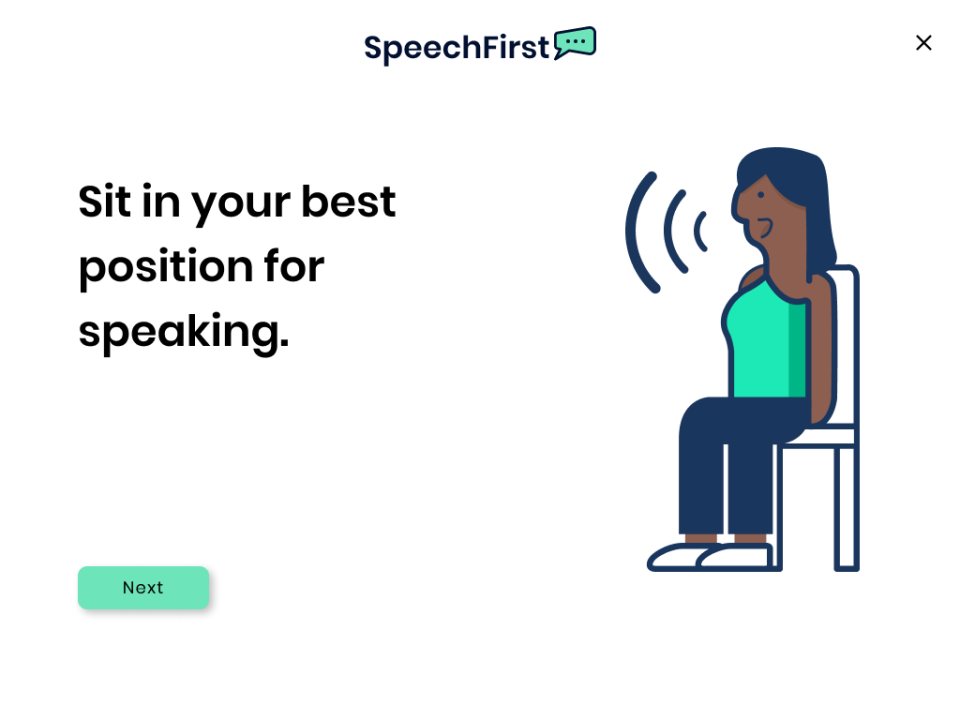SpeechFirst
A groundbreaker for users.
A personal motivation
It’s not every day that a Professor of Language and Cognition from University College London personally thanks you for your work. For Holly Brown, it was an emotional moment – something that was hard to imagine when she started with Capgemini’s graduate program just two years earlier.

For Holly, her submission had personal significance. Her father had suffered a stroke 14 years before, and had struggled with communication since. “I’d never seen anything innovative that helped my dad,” she says. “In order to practice, he was reading from a children’s dictionary, which is somewhat degrading – and requires someone to give him feedback on whether he is accurate. That’s where the idea came from.”
Artificial intelligence to help society
When Holly saw a call for entries for the Tech4Positive Futures competition, Capgemini’s internal global challenge to find the best tech solutions for addressing societal issues, she was immediately motivated to enter. She wondered whether an AI-powered app could provide the external feedback required by users like her father, and this vision formed the basis of her application.
To her delight, the consequence of winning the competition was an injection of funding from Capgemini, and the input of a wealth of technical expertise to make the dream a reality.
“I never expected to win,” says Holly. There were so many other good projects. But to my amazement, we were chosen as the best UK entry for the global competition, and then went on to win the global competition itself.”
From vision to reality: SpeechFirst
Aghogho Akponah from Capgemini’s London Applied Innovation Exchange (AIE) team has since stepped in as project owner. Her role has been to oversee the end-to-end delivery of the proposal, driving the project forward through agile design sprints.

“I jumped at the chance to work on this project because I’m passionate about the use of technology to drive social good,” she says. “SpeechFirst is typical of the sort of projects run within the AIE which are grounded in delivering tangible and scalable solutions at speed through the use of empathy-led research and emerging technologies. It’s also special in the way innovation is applied to transform the speech therapy world.”
Next steps: Extending usage through partnerships
Holly’s responsibilities, in terms of building the business case and developing partnerships, have involved building valuable relationships with leading experts in the field of speech and language therapy. At UCL, for example, the team at the university’s center for people with acquired communication difficulties has agreed to conduct a clinical evaluation of the app. The team is particularly interested in the app’s capacity to recognize and provide feedback on people’s spoken performance – a feature that is missing from apps that are currently available.
The team is in the process of discussing the app with significant partners in the health space, and hopes that it may be of interest to the National Health Service (NHS) in the UK which would enable roll-out to thousands of patients in the UK.
“That would be a dream come true,” says Holly. “The whole premise of the app is for it to be accessible and affordable. In the UK alone, there are 1.5 million stroke survivors, and because of the pandemic, NHS provisions for these patients have been reduced even further. If we could bridge that gap, it would be amazing.”
Aghogho agrees that the prospect of patients using the app is inspirational. “When the UCL Clinic confirmed their support in testing SpeechFirst with real users as part of a clinical study, it was a wonderful moment. It made all our hard work seem truly worthwhile.”
While regulation has prevented the team from testing the app on patients, there was one person who was more than happy to offer his insight and advice. “My dad has been our number one-test patient,” says Holly. “His insights and feedback have helped to shape the whole project. The only problem is, he’s starting to think he’s famous!”








































